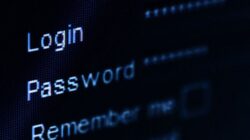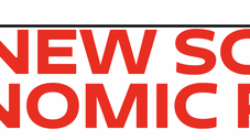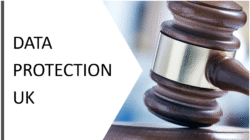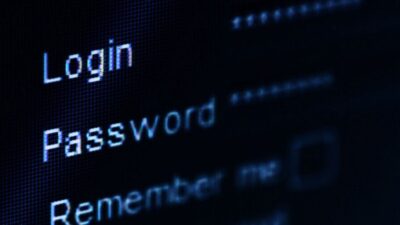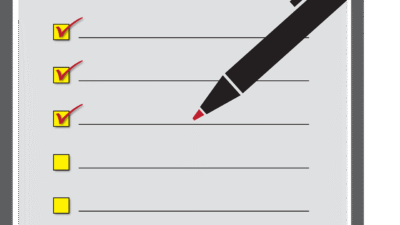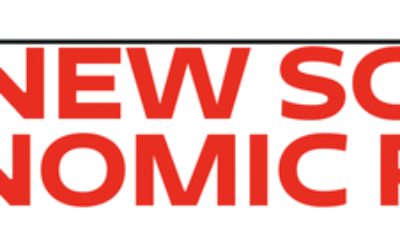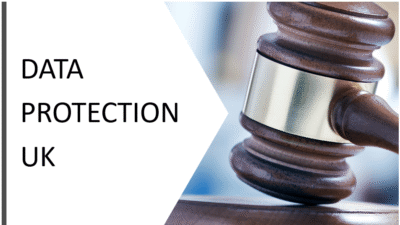As for small business password managers takes center stage, this opening passage beckons readers into a world crafted with knowledge, ensuring a reading experience that is both absorbing and distinctly original. In today’s digital landscape, managing passwords effectively has become crucial for small businesses to safeguard sensitive information and maintain operational efficiency. A reliable password manager not only enhances security but also simplifies the management of multiple accounts, empowering teams to focus on growth rather than the complexities of password management.

In the contemporary world, the significance of effective communication cannot be overstated. It serves as the backbone for interpersonal relationships, professional collaborations, and even global interactions. As we navigate through an increasingly interconnected society, understanding the nuances of communication becomes paramount, not only to convey our ideas but to do so in a manner that resonates with our audience. In this article, we will explore the various dimensions of communication, including its types, importance, and strategies for improvement.One of the first aspects to consider is the different types of communication.
Broadly, communication can be categorized into verbal, non-verbal, written, and visual forms. Each type serves a distinct purpose and can significantly impact the effectiveness of the message being conveyed.Verbal communication involves the use of spoken words to share information. This can occur in various settings, from casual conversations to formal presentations. The tone, pace, and clarity of speech are crucial elements that can influence how the message is received.
For instance, a calm and measured tone can foster trust and understanding, whereas a hurried or aggressive tone may lead to confusion or conflict. Non-verbal communication, on the other hand, encompasses body language, facial expressions, gestures, and even eye contact. These elements often convey more than words alone. For instance, a smile can indicate friendliness, while crossed arms may suggest defensiveness.
Being aware of our non-verbal cues can greatly enhance our ability to communicate effectively. It is essential to ensure that our body language aligns with our verbal messages to avoid mixed signals.Written communication plays a crucial role in our daily lives, especially in professional settings. Emails, reports, and social media posts are just a few examples of how we communicate in writing.
Clarity and conciseness are key in written communication. It is important to organize thoughts systematically and use appropriate language that suits the target audience. Additionally, proofreading is vital to avoid errors that can undermine the message’s credibility.Visual communication includes the use of images, graphs, charts, and other visual aids to convey information. It is often said that a picture is worth a thousand words, and this is particularly true in today’s digital age, where attention spans are short.
Effective visual communication can enhance understanding and retention of information, making it a powerful tool in presentations and educational settings.Understanding the importance of communication is crucial for both personal and professional growth. Effective communication fosters better relationships, as it allows individuals to express their thoughts and feelings openly. In the workplace, strong communication skills can lead to improved teamwork and collaboration.
When team members communicate effectively, they are more likely to understand each other’s perspectives, leading to a more cohesive and productive environment.Moreover, effective communication is essential in conflict resolution. Misunderstandings and disagreements are natural occurrences in any relationship, but how we communicate during these times can significantly influence the outcome. Approaching conflicts with an open mind and a willingness to listen can help to de-escalate tensions and facilitate constructive dialogue.In addition to interpersonal relationships, communication plays a vital role in leadership.
Leaders who communicate effectively are better equipped to inspire and motivate their teams. They can articulate a clear vision and ensure that everyone understands their roles and responsibilities within the organization. Furthermore, effective communication fosters a culture of transparency, where team members feel valued and engaged.To improve communication skills, individuals can adopt several strategies. Firstly, active listening is a crucial skill that enhances understanding and builds rapport.
This involves fully concentrating on the speaker, acknowledging their message, and providing feedback. By doing so, individuals can demonstrate empathy and validate the speaker’s feelings, fostering a positive communication environment.Another strategy is to be mindful of one’s body language. As mentioned earlier, non-verbal cues can significantly impact how messages are perceived. Therefore, being aware of one’s posture, facial expressions, and gestures can help convey confidence and openness.
Practicing positive body language can also encourage others to respond in kind.Additionally, seeking feedback is an invaluable tool for improving communication skills. Constructive criticism from peers, supervisors, or mentors can provide insights into areas of strength and opportunities for growth. This feedback can guide individuals in refining their communication styles and addressing any potential shortcomings.Furthermore, honing writing skills is essential in today’s digital age.
Taking the time to develop clear and concise writing can enhance professional credibility. Engaging in writing exercises, whether through journaling or drafting professional documents, can help individuals become more comfortable and proficient in written communication.In conclusion, effective communication is a multifaceted skill that plays a critical role in our personal and professional lives. By understanding the various types of communication, recognizing their importance, and adopting strategies for improvement, individuals can enhance their ability to connect with others.
In a world that increasingly values collaboration and understanding, the ability to communicate effectively will remain an invaluable asset. As we continue to navigate through complex interpersonal and professional landscapes, let us strive to become proficient communicators, fostering positive relationships and achieving our collective goals.
Query Resolution
What features should I look for in a password manager?
Key features to consider include strong encryption, multi-device support, password generation, and easy sharing capabilities.
Are password managers safe to use?

Yes, reputable password managers use advanced encryption techniques to protect your data, making them a safer alternative to storing passwords in browsers or physical notes.
Can a password manager help with compliance?
Absolutely, by providing secure password sharing and management features, they can assist businesses in meeting compliance requirements for data protection.

How much does a small business password manager cost?
Costs can vary widely, with some options available for free and others requiring a subscription fee, typically ranging from $3 to $10 per user per month.

Is it possible to recover a lost password if I forget it?
Most password managers offer recovery options, such as security questions or recovery codes, but it is crucial to follow their guidance to ensure access to your accounts.



